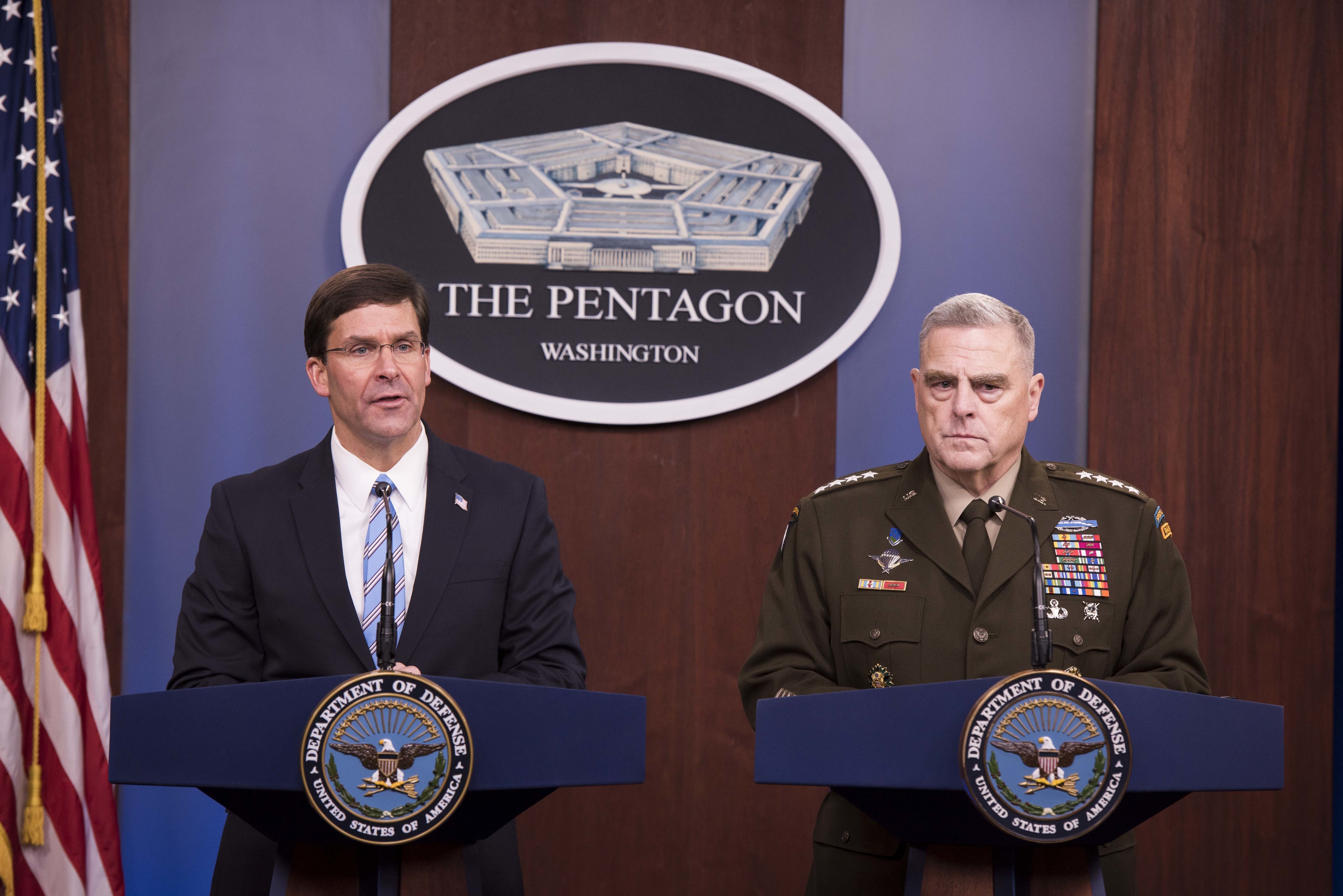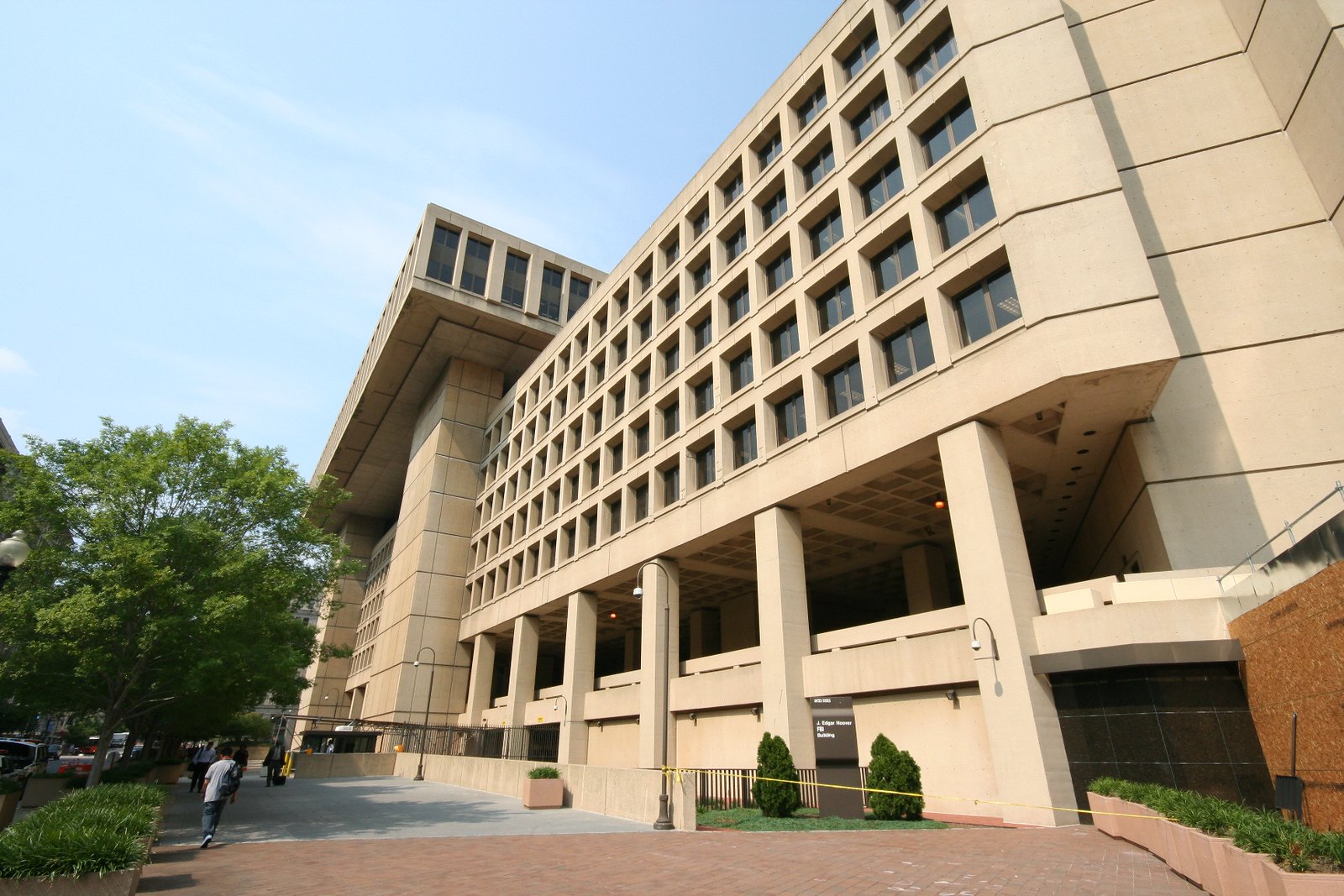Situational Ethics Drove the Military’s Decision to Delay Female Officer Promotions
Pentagon leaders gravely erred in gaming the process to avoid a backlash from then-President Trump to promotions for two well-deserving female generals.

Published by The Lawfare Institute
in Cooperation With

On Feb. 18, the New York Times reported that the Department of Defense had delayed the promotions of two female senior military officers until after the November election because of fears that President Trump would have blocked their advancement.
I offer my sincere congratulations to Generals Jacqueline Van Ovost and Laura Richardson on their nominations for promotion to joint four-star command. I had the honor of working with Van Ovost on the Joint Staff for the Chairman of the Joint Chiefs. Both generals are extremely well regarded and well deserving of their promotions and positions of leadership.
Some analysts have suggested that delaying the promotions of these two general officers until after the election—in the hope of a Biden victory—is clever maneuvering borne out of savvy politics. The gist is that then Defense Secretary Mark Esper and Chairman of the Joint Chiefs Mark Milley adroitly maneuvered to outflank Trump and his propensity for misogyny, thereby ensuring that these officers received their promotions. Thus, Esper and Milley did the right thing.
While I am certainly glad to see their promotions move forward, I am troubled by the notion that Pentagon leaders were correct in gaming the promotion process to avoid a backlash from Trump. I’ve seen too many colleagues and leaders succumb to situational ethics and use that kind of logic to justify their actions or inaction. This is just the latest high-profile example of a damaging trend in the military and in government.
What troubles me about this ends-justify-the-means argument is that events could have easily gone differently. First off, Trump could have won in November. It worries me that having already avoided a confrontation with the president by delaying these promotions, these same leaders would likely have been compelled to avoid Trump’s wrath once more.
I know it could have gone differently, because in my case it did. After testifying before Congress during the first impeachment investigation, my promotion was put on hold for months. With the real prospect of my promotion being delayed for many more months or being cancelled under a second Trump administration, I was left with little choice but to retire. I personally experienced senior civilian and military leadership cowed into submission by a vindictive chief executive—and I witnessed the same happen to my twin brother, whose promotion has been delayed for five months. People were willing to surrender values to protect their careers—and it cost me mine. The same thing could easily have happened to Generals Van Ovost and Richardson.
The armed forces have a procedure for selecting their officers for promotion, which follow statutes, rules, regulations and long-standing customs. This internal process is not contingent on the person who sits in the Oval Office. By retreating from the expected confrontation with the Trump White House and maneuvering around the military’s own process, these senior leaders have undermined good civil-military relations. Moreover, this disingenuousness represents the opposite of the institutional values of the military. Upholding good order and discipline within the military does not mean dodging difficult debates with the commander in chief.
There were many fights worth fighting during the Trump administration. This was one of them. These fights to protect the military and its ethics would not have caused a civil-military crisis and arguably could have prevented the tragic events in Lafayette Park in June 2020 and at the Capitol Building on Jan. 6, 2021. Senior leaders should have defended their values, the institutions they served for decades, and the Constitution they swore to uphold. A public falling-out with the commander in chief may have upset career plans and lucrative post-government opportunities, but these leaders would have underscored their principles for others to see and live up to.
This episode is emblematic of a kind of leadership that has crept into the senior ranks of civilian and military defense officials. Too often, senior leaders succumb to situational ethics. They convince themselves that they are indispensable and serve as the only guardrail to more egregious abuses of power. But that is vanity—the kind of hubris that has felled too many officials both in the past four years and throughout the history of military affairs. The U.S. military must defend its people, ethics and values. I am saddened to see an organization that so prizes courage on the battlefield come up short on courage in recent events.





